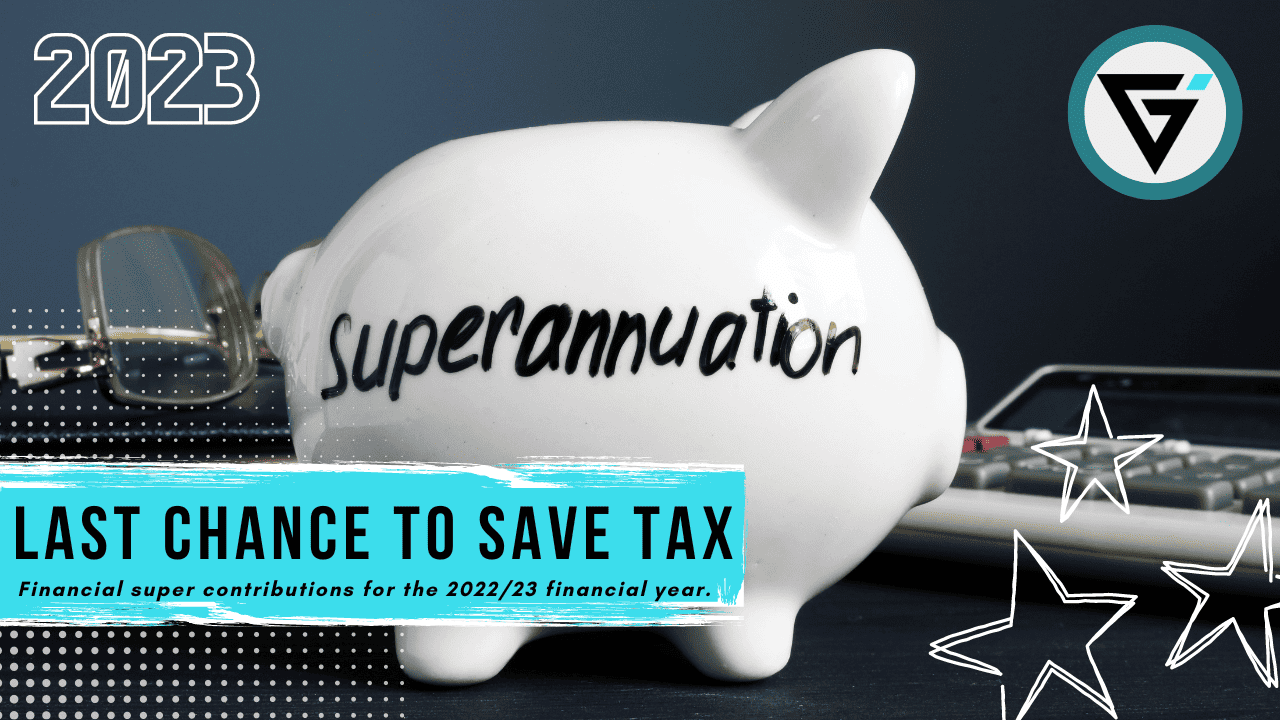When I was 22 I had just started worked full time and I made potentially one of the worse financial decisions of my life. I spent $30,000 on a car which, back then, was a lot of money – almost a full year’s income!
The car was a Subaru Impreza WRX STi and I loved that thing. It was loud, it was fast and it was a lot of fun to drive.
But to make matters worse, I didn’t buy the car with cash. Like a lot of other young people, I financed it. I justified buying an expensive car, which was a lot more than I should have been spending at the time, with a loan because “I wanted to get a credit score”.
Now that I am older, uglier and wiser I realise that this is a garbage reason to take on debt.
The concept of having a positive credit rating is more relevant in American than it is here in Australia. Here in Australia, in order to get a mortgage, it is important to have three things – income, savings and no black marks on your credit record. Having a positive track record of making loan repayments really doesn’t carry much weight when assessing a loan application.
Your income is primary in getting a mortgage as it is going to be your income that services the debt. The more income you have, typically the more you can borrow.
When assessors look at your income, they want to know that your income is reliable and consistent. As an employee, this is fairly easy to prove as you have pay slips and an employment contract. Most lenders will want you to have been employed with the same company for a minimum of 6 months, but some lenders will consider the application with only 3 months. This will likely vary if you are casual.
It is a lot harder to prove your income if you are self-employed and typically lenders will want to see two years tax returns. Each lender has their own policies but generally they will take an average of the two years income.
Next on the importance list is your savings. In order to take out a mortgage you will generally need some savings behind you (unless you’re using a guarantor but we won’t touch on that now). Lenders also like to see that the money was saved up over a period of time. This is called genuine savings. Again, I am not going to go into the details of genuine savings right now.
When it comes to saving and cash flow in general, lenders will look at how you have been spending your money over the last few months. They want to see you have the capacity to service a loan given your cost of living. If you have worrying expenses on there, like consistent gambling, this can impact your ability to get a loan. So if you are thinking of taking on a mortgage in the near future then do yourself a favour and clean up your expenditure!
Lastly, in order to get a loan it is important that you don’t have any black marks on your credit record. You can get a bad credit record from a number of things including missing loan repayments, missing direct debit commitments and not paying fines. Taking on a new loan might improve your credit score but it is not going to fix the black marks on your record!
If you want to check your credit record you can do so through a number of online resources including Equifax, Illion and Experian. If you are happy to wait 10 days for the report then you can get it for free – winning!
So don’t be fooled, you don’t need to take on debt to get a mortgage. You need good income, good savings and no nasties on your credit record.
In fact, I would go as far to say that taking on a debt is more likely to hinder your ability to get a mortgage. If you don’t pay the debt off before applying for a mortgage, you won’t be able to borrow as much. Having a debt in the lead up to a mortgage is going to hinder your ability to save. By taking on a debt you run the risk of missing a repayment which may put a black mark on your credit record!
Don’t do what I did and justify spending money on credit by the “need” the get a credit score. Stick to the golden rule of never borrowing for consumption and you will be far better off.










